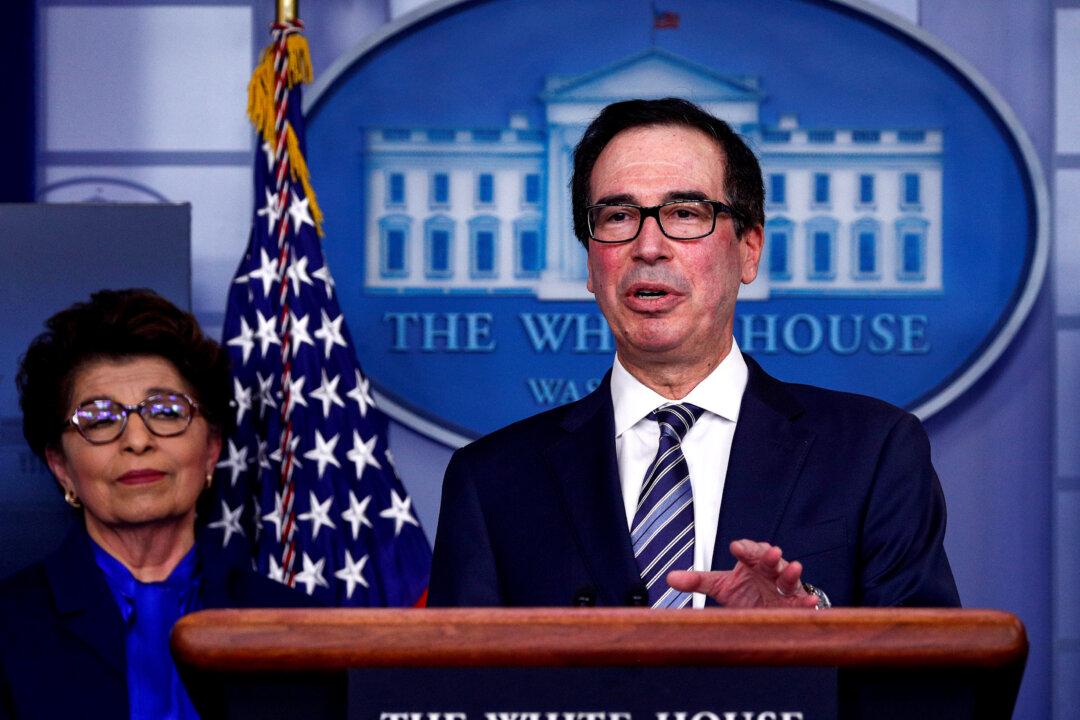A group of Republican Senators urged the Secretary of Treasury, Steve Mnuchin to prevent the Chinese Communist Party (CCP) from buying up U.S. companies that are suffering from financial hardships caused by the CCP virus.
U.S. Senators Mitt Romney (R-Utah), Marco Rubio (R-Fla.), Thom Tillis (R-N.C.), Ben Sasse (R-Neb.), John Cornyn (R-Texas), Tom Cotton (R-Ark.), and Jeff Merkley (D-Ore.) sent a letter Wednesday, to Mnuchin after receiving information that the CCP is exploiting the economic crisis to buy U.S. and foreign companies.





